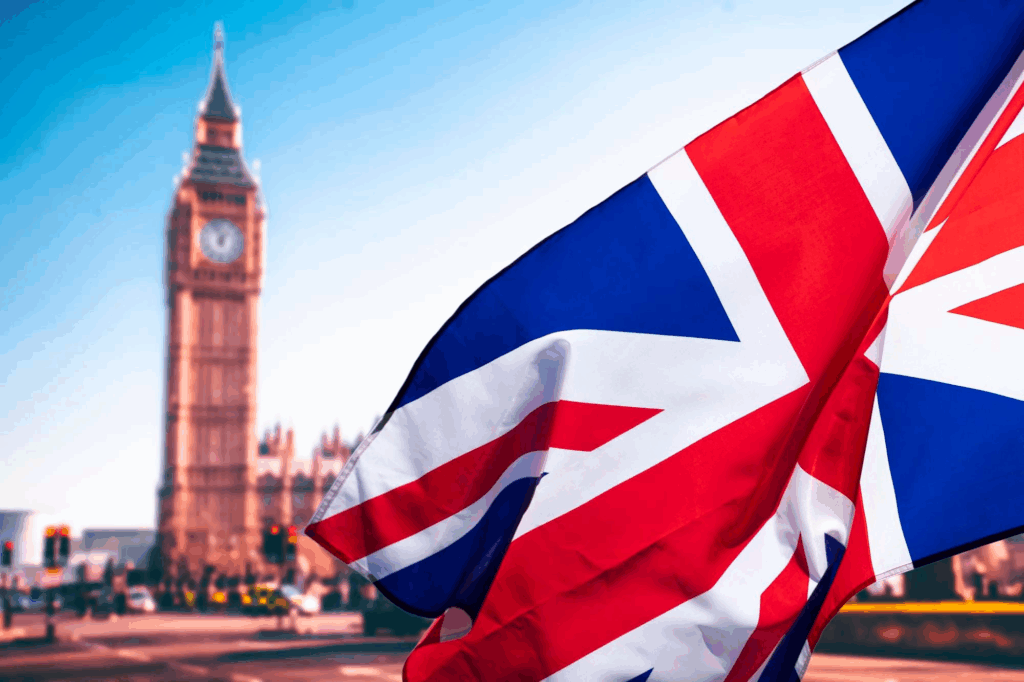The British government has declared war on sugar. In response to the alarming rise in childhood obesity, the United Kingdom has implemented new rules banning free refills of sugary drinks in restaurants and limiting promotions on ultra-processed foods.
The initiative is part of one of Europe’s most ambitious public health policy packages focused on child health.
The measures have divided opinion, but experts agree on one thing: without intervention, the country risks seeing half of its children overweight by 2035.
London Launches Offensive Against Sugar
Starting in October 2025, British fast-food chains and supermarkets were required to change practices that for decades encouraged the consumption of extra calories.
Free refills of sodas and sweetened beverages have been abolished, and “buy one, get one free” offers for products high in fat, salt, or sugar, known as HFSS foods, are officially banned.
The government also announced an end to junk food advertising on television before 9 p.m. and across digital platforms starting in January 2026. The restrictions are expected to remove about 7.2 billion calories per year from children’s diets, preventing up to 20,000 new cases of obesity.
“This is about protecting the next generation from a cycle of poor dietary choices,” said Health Minister Victoria Atkins when announcing the measures.
A Concerning Scenario: One in Three Children Overweight
Recent data from the National Child Measurement Programme (NCMP) show that 36% of British children aged 10 to 11 are overweight or obese. Researchers warn that if nothing changes, the rate could exceed 50% in regions such as Blackpool, Knowsley, and Barking & Dagenham by 2035.
According to the Royal Society for Public Health (RSPH), eating habits are heavily influenced by economic and social factors. “Sugar is cheap, accessible, and present in almost every processed product. It’s a structural issue, not just a matter of personal choice,” explained nutritionist June Stephens.
Social Inequality Widens the Challenge
Childhood obesity also reflects regional inequalities. In northern England, where access to fresh food is limited, 10.8% of children aged 4 to 5 are obese, compared to 8.4% in the East.
These disparities concern organizations such as Child of the North, which advocates for local policies to improve access to healthy food and recreational spaces.
Between Support and Criticism
Although the medical community has praised the decision, industry sectors and some consumers have criticized what they call a “nanny state.”
Major chains such as Toby Carvery and Morrisons were forced to remove sugary drinks from their refill systems, triggering complaints on social media. Even so, authorities argue that the economic impact is small compared to the billion-pound costs of treating obesity-related diseases.
“This is a matter of public health, not convenience,” stressed Dr. Michael Levine from Health Equity North.
With the new restrictions, the United Kingdom seeks to change a deeply ingrained dietary pattern and protect an entire generation. Yet, as experts warn, true victory will come only when the country manages to combine regulation, education, and fair access to healthy food — not just cutting sugar from the glass, but from the culture itself.









